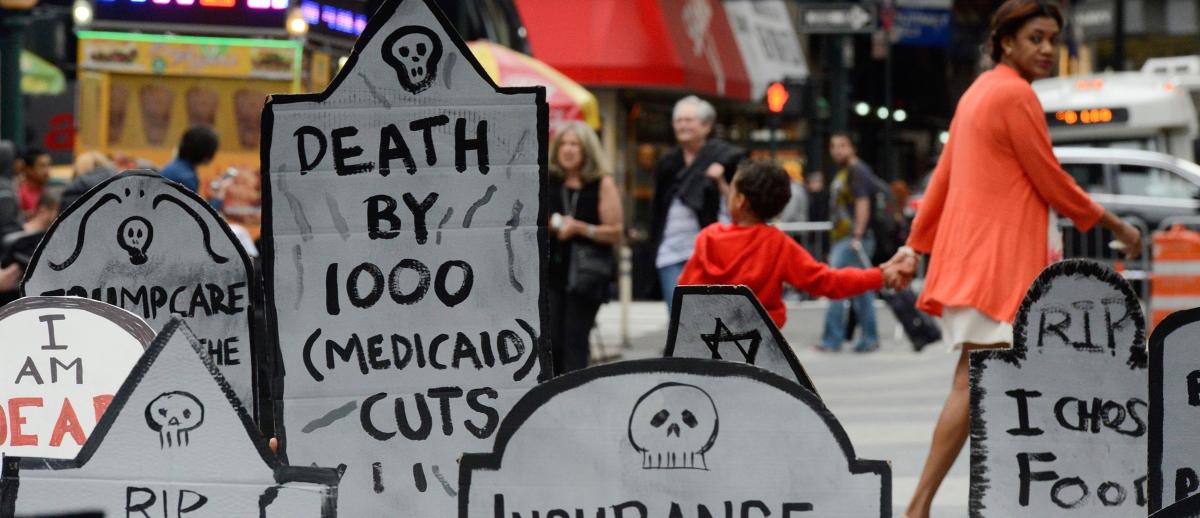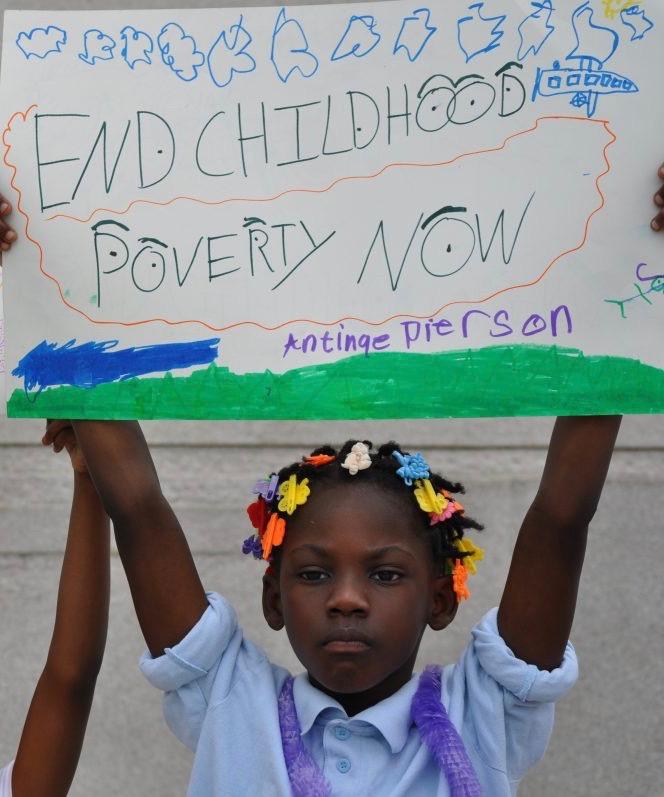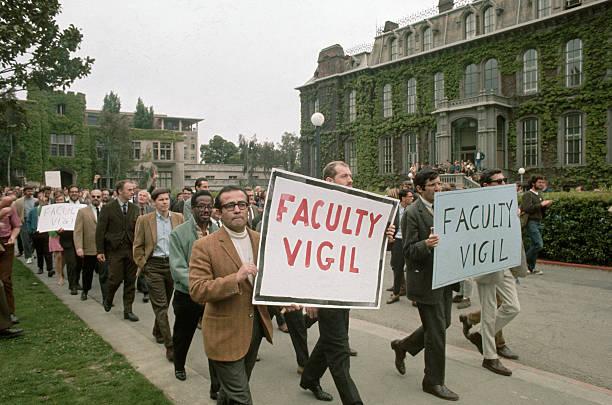A European Living in America
archive


Healthcare protest, New York, June 2017. (Photo credit: Stephanie Keith, Reuters)
A European Living in America
I open an envelope, a request for money to help children in war-torn Yemen, put it aside to consider. Then suddenly I realize, wait, I live in United States and my taxes pay for a vast war machine. So with one hand I pay taxes for war and devastation in country after country, and with another I am sending money for relief. Relief for institutions such as UNHCR that the US government is defunding. Does this make sense? As a European I’m not used to this kind of quandary. It is the American normal but after living here some twenty years I still don’t get the normal part.
Year after year polls show that the highest scores of happiness and wellbeing are in Denmark, Sweden, the Netherlands, countries that are often disparaged in the US for rigid labor laws and assorted anomalies. Matters that are deeply polarizing and hotly debated in the United States (women’s rights, abortion, soft drugs, universal healthcare, gun control, death penalty) or don’t come up (decent treatment of prisoners) have been settled in Europe five or more decades ago, or more recently (same sex marriage, euthanasia). Coming from Amsterdam, I gradually realize that time travel is possible, backwards.
Taxes in Nordic Europe, higher than in the US but not by much, go to funding universal health insurance, nearly free higher education, ample social benefits, efficient mass transit, quality public broadcasting. Societies are broadly egalitarian, relatively speaking, executives earn more than workers but not in the American order of magnitude (median pay of CEOs of S&P 500 companies was $12.4m in 2018).1 The ethos is egalitarian, ordinary people and workers are valued as a matter of course, as are vulnerable groups. Social solidarity and moral standards are part of the public sphere, not everything has to be super or mega, or is stipulated by contract.
The US, in contrast, is a society without a safety net. Make a mistake, downsizing, an accident or illness, and you’re out of the game. Or don’t make a mistake and life is high pressure all the same, long working hours, living from paycheck to paycheck (73% of Americans), no retirement cushion (40% of Americans). A life of existential insecurity and a high stress society.
A colleague who teaches literature and gives students options for what to focus on, such as desire, lust, love, fun, finds that most students opt for depression and anxiety, which, apparently, is their lived reality. Distress among students, economic and mental, has been on the increase for years. Fees keep rising, debt and working add to the burden. It’s not just the presence of depression and anxiety that counts but also the absence of joy, light heartedness, joie de vivre (which may here be referred to as ‘emotional labor’, yet another burden). Escape routes are familiar; medication, drugs, sports, church, fantasy worlds, science fiction, adolescent Marvel comics with superhuman heroes and mega effects. American media cultivate heroes with superhuman attributes; the human scale doesn’t quite work. Fugitives of the present seek refuge in futures, in sub bubbles of the bubble.2
In societies thousands of years old a lot of knowledge is implicit, tacit knowledge. Not everything needs to be put into words, explained or ‘double checked’. In a large, young, heterogeneous society, rules and contracts matter more than trust. With 4.4 percent of world population, the US hosts 70 percent of the world’s lawyers and 22 percent of the world’s prisoners (lawyers per million of population are 281 in the US, 94 in Britain, 7 in Japan).3

Photo credit: Children's Defense Fund
Many rules are corporate rules rather than social rules. Because many rules are designed to serve corporations rather than people it is a society that is difficult to navigate. A society of start and stop (please wait to be seated) and stop (stop signs plenty) rather than flow and fluidity. Much communication is scripted (could you find everything you were looking for?).
What is baffling for non-Americans is the casual cruelty with which American society treats Americans, the way bullying is institutionalized, in onerous interest rates for student debt (7%, completely unacceptable by the standards of any society), no debt forgiveness even for older people.
An ordinary headline, “Cafeteria worker fired after letting student not pay for his lunch” (ABC News May 18, 2019). This is not exactly Hollywood material. What would be unthinkable in any society here is just ordinary management authoritarianism (‘in strict violation of our cashier management procedures’).
Matters that are deeply polarizing and hotly debated in the United States (women’s rights, abortion, soft drugs, universal healthcare, gun control, death penalty) or don’t come up (decent treatment of prisoners) have been settled in Europe five or more decades ago...
American society deals with heterogeneity by establishing boundaries—boxes of class, gender, ethnicity, sexual preference, sports, church, etc., all labeled Diversity. The melting pot should melt the boxes. What happened instead, during mounting pressure of past decades, is that they multiplied (identity politics) and hardened. Jews get reports on antisemitism (which is always rising), evangelicals and Republicans see videos of fetuses (with heart beats), Muslims watch documentaries about pork (the horror), and info cocoons turn everyone into the most bigoted version of what they are supposed to be proud of being. Navigating boundaries is an egg walk, in choice of words, PC, social space sequestered in ‘safe spaces’, ramparts that shelter from yet also reproduce the violence that permeates society. Public space itself has shrunk into an archipelago of private islands. In a competition of uptightness American society would win hands down. Several boundaries are inflamed. Sikhs are shot at a temple in Minnesota because they are held to be Muslims (turbans); a San Diego driver drives into an Indian family because he thinks they are Muslims. When abroad one can simply skip the American news. Day after day the news is shootings, school shootings, and police brutality. For the domestic audience, add natural disasters (how did you feel when your house burned down/was flooded?).
Unusual by world standards is the American combo of smugness and ignorance. The American bubble is exceptionally strong—large country, geographically insular, thin historical experience, opinionated, full of itself. The world’s least informed, unworldly people inhabits the world’s most powerful country and is constantly at war. Army sergeant yelling, as in the TSA, is part of garrison society normal, a society where movies celebrate war and distrust of government is routine. Part of American violence is blowback from wars and victims of PTSD. The country celebrates war heroes while seven thousand veterans commit suicide every year (20 per day).4
The American bubble is exceptionally strong—large country, geographically insular, thin historical experience... The world’s least informed, unworldly people inhabits the world’s most powerful country.
The population density of the United States is 33 per square km (in the UK it is 270, in England 427, in the Netherlands 393, in most Asian countries over 300). Thin population density explains the service politeness (how are you, excuse me, thank you, have a good day), which in a high density setting would drive everyone mad. Americans don’t know Americans all that well and rely more on media than other cultures do, which therefore means the corporate colonization of the public sphere. For over two years every talk program every evening covers the Muller report, Russia, Trump nonstop, but not a single program examines why interest rates on student debt are so high, why pharmaceutical drug prices are so high, why healthcare is so extravagantly costly, why prisons should be for profit, why sentencing rules are extreme, why banks are deregulated, and so forth. In other words, nonstop discussion of power, zero discussion of social issues. An exercise of irresponsibility by design. Social issues, the real pressing majority issues, come up only during election campaigns, a brief time window. The tone set by corporate commercial media is often high paced and breathless, as if everyone is supposed to be in a hurry. The pace and adrenaline suggest something vital is going on but snippets are all there is.

UC Berkeley faculty demonstration in support of student protests against closure of People's Park, 1969. Photo credit © Ted Streshinsky/CORBIS/Getty Images)
America, said the poet, is home to ‘the best and the worst’. Where is the America of the New Deal, the Weavers, the 1960s movements that inspired the world, civil rights, women’s, students, anti-war? Most have been gobbled up by forty years of free market wonder. ‘For profit’ institutions (healthcare, hospitals, prisons) without restraint is a slim foundation for social life but it does keep you busy. The Green New Deal is a beacon on the horizon.
1. R. Adams and H. Sender, “How CEO Pay Compares with Hollywood Celebrities and Sports Stars.” Wall Street Journal, May 17, 2019.
2. Cf. J. Nederveen Pieterse, Beyond the American Bubble: Is there hope for Uncle Sam? London, Zed Books 2008.
3. These numbers are not very precise; another figure is 1 lawyer per 300 of population in the US. Cf. Richard K. Sherwin, Popular Culture and Law. New York, Routledge 2017.
4. M. Mobbs, “The VA Releases Second National Suicide Data Report." Psychology Today,” August 28, 2018.



